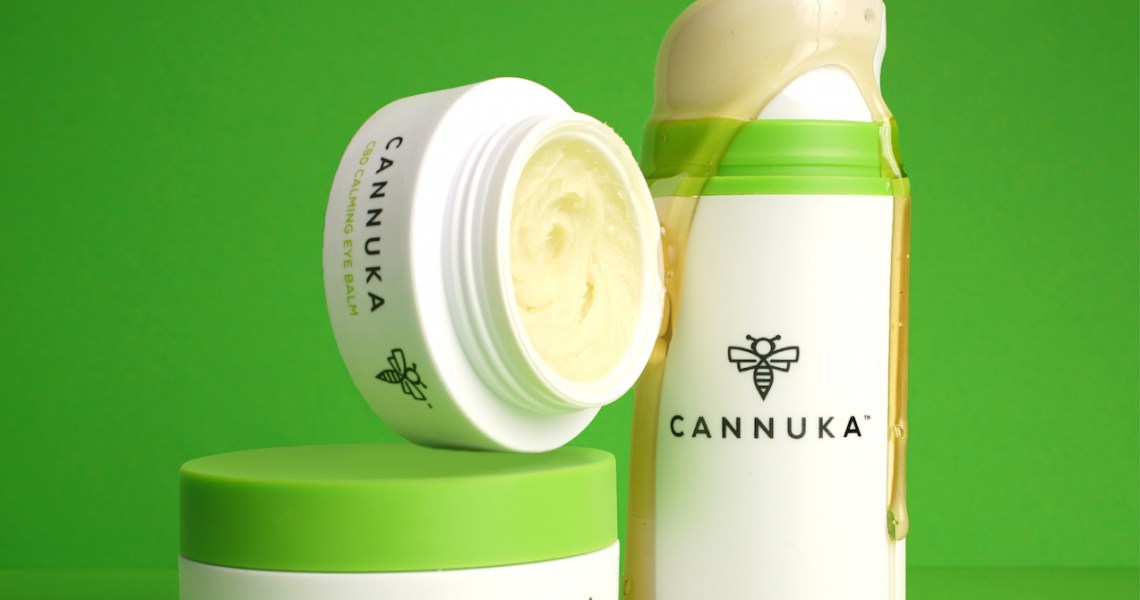Shopify, the e-commerce platform of choice for many direct-to-consumer brands, is allowing brands to sell hemp and hemp-derived CBD products through its platform in an official capacity, the company said on Tuesday.
The biggest change that Shopify implemented is the new partnership with three third-party payment providers companies: eMerchant Broker, DigiPay and Authorize.net for CBD transactions. But in addition to this, Shopify is opening up its back-end capabilities, including marketing and shipping.
“The reality is that the CBD space is moving quickly and regulations have changed, and merchants need something trustworthy and reliable,” said Hana Abaza, Shopify Plus’ director of marketing. “[CBD] is an industry that can have a massive impact on brands starting to, or looking to, diversify and grow. That DTC space is still growing, and now those [CBD] brands will have a voice and be able to create a space they want for their customers.”
In December 2018, Congress passed legislation legalizing hemp production (although there are still restrictions) in its Farm Bill, and also removed hemp-derived products from the Schedule I status under the Controlled Substances Act. Because of this, retailer, brands and platforms like Shopify are now able to sell legally sell CBD. U.S. sales of CBD products are expected to grow from $1.9 billion in 2018 to $20 billion by 2024, according to cannabis research firm BDS Analytics.
Shopify’s new capabilities are only available within the 40 U.S. states allowing hemp-derived CBD to be sold, said Abaza, and brands need to affirm they are in compliance with regulations. This includes providing documentation that the hemp or hemp-derived CBD is produced in legal accordance with the Farm Bill, associated federal regulations, association state regulations and by a licensed grower.
CBD product makers have faced challenges around the inability to advertise on platforms like Google and Facebook, and issues with payment processors either preventing customers from purchasing altogether or charging the seller high fees.
CBD skin-care brand Cannuka, for example, has been selling through Shopify (but not able to access certain tools and features) since October 2017, with its own payment provider that charged 7% of the sale price in addition to a 60-cent fee per e-commerce transaction, said Michael Bumgarner, Cannuka founder and CEO.
Ad position: web_incontent_pos1
“The more that big companies like Shopify make a strong stance for this category, the more it will help the entire category and push banks to [work with us],” said Bumgarner.




